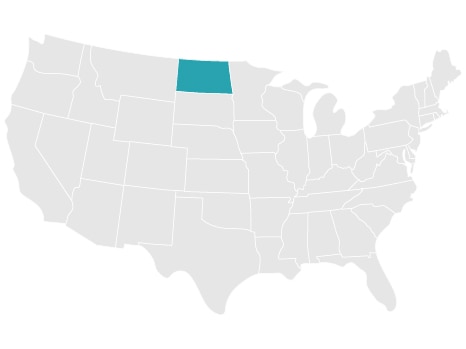
Medicaid is the government-funded insurance program that provides coverage for people with low incomes, seniors, and those with disabilities. This program provides health care coverage for low-income individuals, and it also helps pay for nursing home care. A fair hearing can be requested if Medicaid has been denied to you or someone close to you. Either you can represent yourself or hire an attorney to speak for you. In either case, you will need a letter detailing the appeal issues. This letter must be sent to South Carolina Department of Health and Human Services within the 10 day period following your initial rejection. The state department will examine the case and decide whether you should keep receiving Medicaid benefits.
Medicaid is a government-funded health insurance program for the low-income, disabled and elderly
South Carolina Medicaid, a government-funded program, provides coverage for low-income people, families and the elderly. Since 1965, the program's history is long and has seen significant expansion since its inception. As the Federal and State governments tried to balance all factors that could affect its success, the program has undergone many changes. Medicaid was the country's largest insurance program. It covered 33 million people in 1997.
Medicaid, a government-funded plan for health insurance that covers low-income residents, provides free healthcare. To qualify, applicants must reach 65 years or more and fulfill certain requirements. The program covers up to 10% of the costs of medication and doctor appointments and covers 90% of the cost.

It pays to take care of nursing home residents
Medicaid is a federal program that pays for nursing home care for eligible individuals. Medicaid in South Carolina pays for nursing home care via its Community Choices Waiver program. This program offers services that are similar in quality to nursing home care, while allowing residents the freedom to access services from the comfort of their own homes. These services can include nursing care, personal care, and therapy services. In some cases, Medicaid will even pay for care provided by adult children of aged parents. These caregivers must pass background screenings and are paid only for their time.
There are certain requirements that must be met to determine whether or not you are eligible for Medicaid. You must meet certain income- and resource limitations to be eligible for Medicaid in South Carolina. You must also be a resident in the state. You must also be at least 65 years of age and a citizen of the United States. To receive the care you require, you must meet certain medical requirements. The care must be needed for at least 30 consecutive days.
It carries penalties for fraud
The penalties for fraud are something that you probably know about if you are a Medicaid recipient in South Carolina. Medicaid's main concern is fraud. The Medicaid fraud control unit of the South Carolina Attorney General's Office works with investigators and auditors to investigate and prosecute fraudulent claims. These cases are well-known to the unit's attorneys, who have an excellent understanding of laws and procedures.
Medicaid providers in South Carolina could face administrative and criminal sanctions for fraud. This law, which has severe penalties for Medicaid providers, applies to fraud in a variety of ways. These include the misrepresentation and abuse of financial information. To ensure full restitution, Medicaid fraud penalties can be applied.

It also has an appeals procedure
If you've been denied Medicaid services by South Carolina, there are two options: to request a fair hearing or appeal. You can either represent yourself or hire a lawyer to represent you at the hearing. The appeals process begins by completing the request for a fair hearing form and submitting it to the Department of Health and Human Services. Once the application is received, the hearing officer will review and then issue a decision. You will receive it by mail. The decision will explain why you were denied service.
First, please complete the SCDHHS–CR Form. The deadline for appealing is 30 days after the date of denial. An appeal cannot be granted if you are not able submit the necessary documentation. This is why you need to submit your claim again.